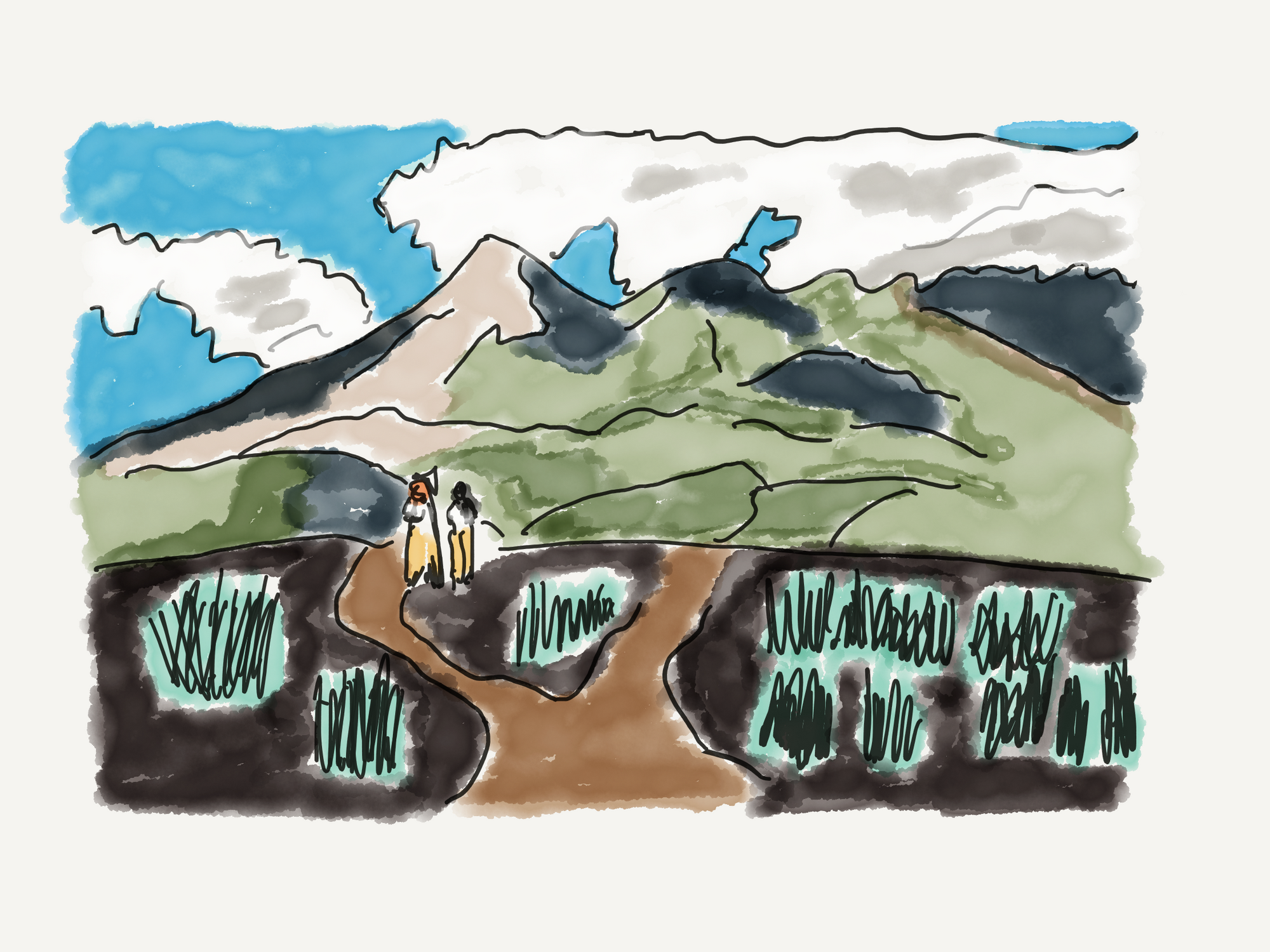If I pray for you, what should I pray for?
One of my favourite questions.

School beat religion out of me.
I went to a Christian boys school.
By the end I thought I wasn’t religious.
That’s usually what happens when a set of beliefs (or anything) gets shoved down your throat.
Like eating too fast, it comes right back up.
Human beings like good narratives and the Bible contains one of the best.
But they also like to think they stumbled upon the narrative themselves, rather than being told they must believe it.
That kind of double bind is native to Christianity though.
The first commandment states thou shalt love the Lord thy God.
Yes, there are different variants but what it’s essentially saying is you must love God.
How would you feel if someone told you that you must love me?
Of course the whole thing with love is we want to feel loved but we also want that love to come into existence by itself.
You love your partner or your family not because you must but because you do.
And the minute you feel like you must love something is the minute you start to question it.
That’s how I felt when I finished school.
I told myself I was done with religion.
But over the years I realised if you lose religion, you lose yourself.
Because religion is a vessel for how to navigate life.
And the beautiful thing is, there’s many different options.
If you had asked me in the past, I’d have said I’m not religious but I’m spiritual.
What the hell does that even mean?
Now I’d say I’m religious, very religious.
But if you asked me what religion, I’d say all of them and none of them.
Similar to how if you asked me if I liked food, I’d say yes and then if you asked what kinds of food I’d say all of them and none of them.
One thing religions have over the non-religious or atheist train of thought is the concept of prayer.
You could argue wishing is a form of prayer but there’s something different about prayer that transcends language.
And so the question, if I pray for you, what should I pray for? Is a powerful question indeed.
If someone asked me that question a few years ago, I would’ve laughed, thinking they were some religious freak.
If someone asked me it now, I would still laugh (because laughter is one of the ways humans deal with extreme truths) and then I would say thank you.
My specific answer?
Perhaps health.
Or presence.
A devote Christian may ask for entry to heaven.
A Zen practitioner may ask for the ability to do nothing.
A Buddhist may ask for Nirvana and a chance to exit Samsara.
All different forms of the same thing.
Prayer taps into the deeper narrative of humans being a collective.
I never knew where my prayers were heading as a child but it felt good to say them.
Perhaps the value of prayer is in them not being directly answered.
A subtle reminder of the connection we all have to here and now.
If anything, prayer promotes presence.
Whether it’s praying to God, praying to nature, praying to the cosmic energy of the universe or praying to a large language model like GPT-3 (if this isn’t possible yet, I’m sure it will be).
Prayer allows one to feel like they’re tapping into something greater then themselves.
At the same time realising there’s nothing greater them themselves because like private thoughts, private prayers belong solely to the one saying them.
And so, if I pray for you, what should I pray for?
Is a powerful question to ask someone out loud.
It shows another you’re going beyond their fundamental needs of food, water, shelter, transport.
And instead appealing to their higher needs of connection, possibility, purpose and understanding.
But even if it’s not asked aloud.
It’s just as powerful to think about.
